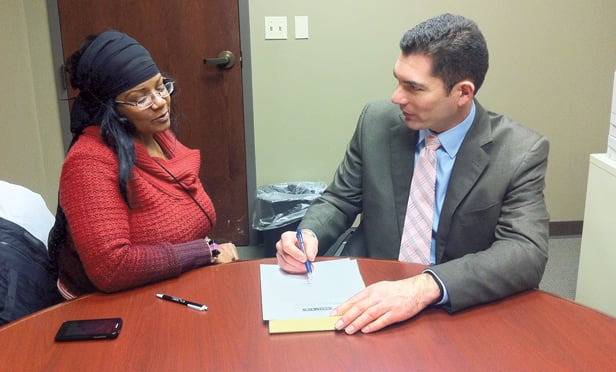When President Lyndon Johnson declared a national “war on poverty” in his Jan. 8, 1964, State of the Union speech, he pledged the fight would be won “in every public office, from the courthouse to the White House.” For lawyers who represented the poor, Johnson’s recognition of their role in the fight against poverty — and the infusion of federal dollars that followed — brought about a fundamental change.
 “Nobody had ever seen a lawyer for a poor person back then,” said Phyllis Holmen, executive director of the Georgia Legal Services Program. “The judges were surprised, the lawyers on the other side were surprised. … Clients were thrilled.”
“Nobody had ever seen a lawyer for a poor person back then,” said Phyllis Holmen, executive director of the Georgia Legal Services Program. “The judges were surprised, the lawyers on the other side were surprised. … Clients were thrilled.”




